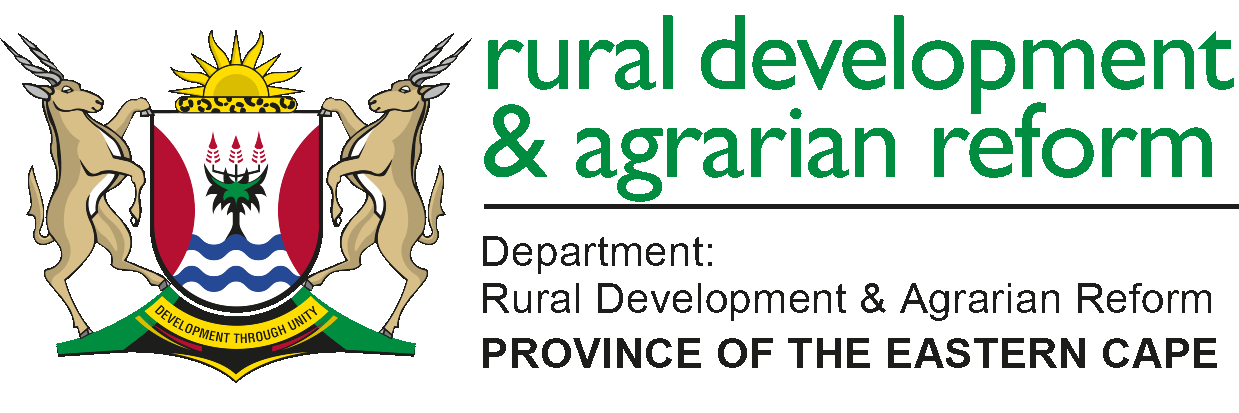
EC Land Summit kicks off on a high note.
The Eastern Cape Land Dialogue kicked off on a high note with the Eastern Cape MEC Rural Development and Agrarian Reform(DRDAR) Xolile Nqatha calling for “tangible and substantial” resolutions to be taken.
Speaking on the first of the three-day day event, themed “A provincial perspective towards South Africa’s Land Debate,” MEC Nqatha stressed the importance of ensuring that the resolution taken were implemented.
The Dialogue is done in collaboration with the Department of Rural Development and Land Reform, Department of Public Works, Department of Cooperative Governance and Traditional Affairs and the University of Fort Hare.
“We need to focus on the concrete and implementable issues because this should not be just another talk shop that will result in malicious compliance.
“We need to provide a policy framework on how to effectively use the land that is currently lying fallow so that we can unlock the potential of using land to develop our people. We should come with deliberate plans that will ensure land is utilised productively because we will not win the fight against poverty if land is not used productively,” MEC Nqatha said.
The dialogue, which was attended by various stakeholders, saw presentations from land experts, academics and traditional leaders on different issues being made as part of stimulating discussions on the land issue.
Academic and political analyst, Professor Somadoda Fikeni who described the issue of land as a “sensitive” matter, said land reform should be attached to “green revolution and thriving agriculture activities.”
“There will be no peace and tranquillity until land is given to the people. We need to be decisive and come up with creative ways to use the land.“We should have plans that are simple and implementable. The issue of institutional and leadership capacity and research should be uplifted so that we can be able to implement,” Prof Fikeni said.
Advocate Lulama Ngcukaithobi, who decried the high prices of farms when they were being sold to government.
He said the issue of land was “political (and) not legal,” adding that politicians should play an active and critical role instead of letting the courts decide on the matter as that was to “enrich the lawyers.”“Prices of land should be reduced drastically. We need to identify people that are in need of the farms and will be producing.
“We need to have a process that is transparent and have an institution that deals with land which is strong and focuses on poor people instead of enriching the few elite people,” Ngcukaithobi said.
The dialogue, which ends of Friday wherein these implementable resolutions will be announced, is continuing with the commissions focusing on historical, legal, economic, traditional perspectives as well as land use management and efficient utilization.

Copyright | Department of Rural Development and Agrarian Reform

